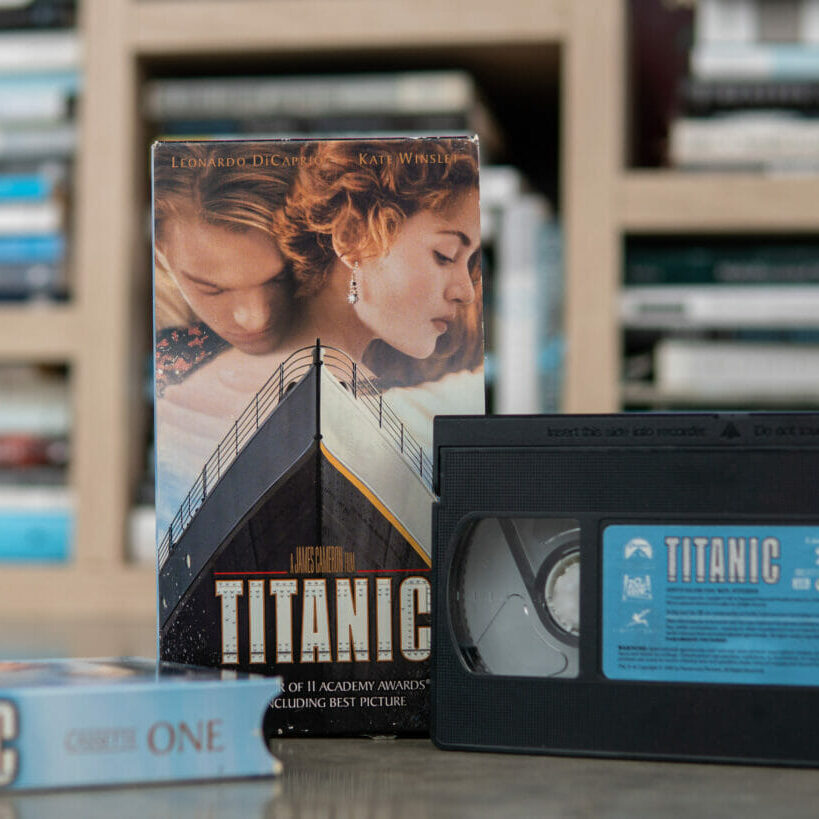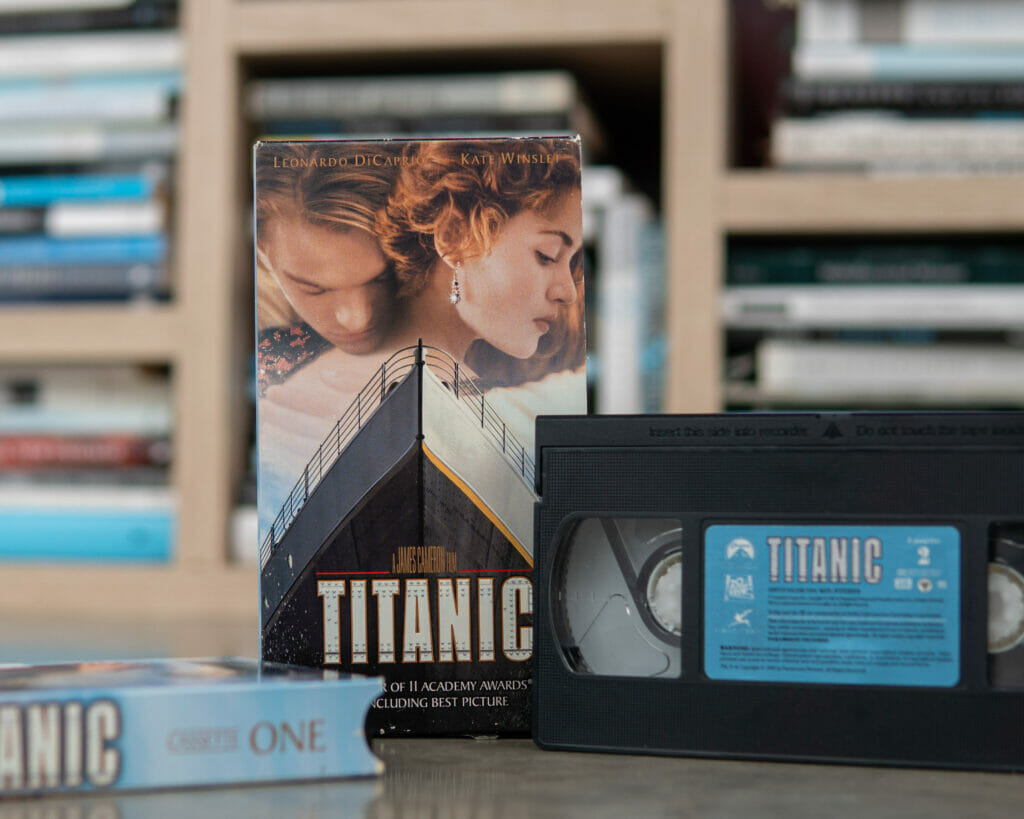
Those were the days
How nostalgia comforts us during difficult times
According to a March 2020 study by the website Billboard and Nielson Music, many people are finding comfort during the COVID-19 pandemic by consuming media from simpler times.
The study, which surveyed almost 1,000 people, found 55 per cent of research subjects have been listening to music they “used to listen to, but have not heard in a while,” while 54 per cent said they’ve been rewatching their old favourite television shows during the pandemic.
The term “COVID nostalgia” was coined by media studies professor Jack Hamilton, who’s a media critic for Slate magazine. In an interview with UVA Today, Hamilton said when people feel uncertainty (which we certainly are during this pandemic), it’s natural to “look back to simpler times, whether its 20 years ago or even like six months ago.”
What’s nostalgia all about?
Nostalgia has long been investigated by psychologists and was initially thought to be a psychological disorder. In Greek, nostos means return and algos means suffering. Researchers now believe nostalgia is our body’s natural defence against negative emotions like anxiety. During times of increased stress or hardship, we often seek comfort in what is familiar to us. This is a form of escapism, a way of combatting the harsh realities of our current conditions.
The past year has been especially trying with the global pandemic turning our world upside down. Many of us have turned to childhood favourites for comfort: rereading the Harry Potter series (although J.K. Rowling’s transphobic views have made people reconsider supporting her work), marathoning old Disney films and even making highly curated throwback playlists on Spotify.
SUB: Nostalgia marketing isn’t new
Pre-pandemic, there was a significant amount of what I like to call nostalgic consumerism — a marketing ploy used by brands to sell products by toying with our nostalgia heart strings. In September 2020, London-based cosmetic brand Revolution Beauty launched an entire Friends-themed collection with everything from eyeshadow pallets to sweaters to bath bombs. Was this an obvious gimmick, which used a beloved ’90s sitcom to play on our nostalgic whims, to get us to empty our wallets? Yes. Did I still want to buy everything from the collection? Absolutely.
“We find ourselves so often yearning for a time when it was all so simple.“
This nostalgic form of marketing has been especially effective for those of us raised on Disney movies. Nostalgia has been attributed to the success of Disney+ as the streaming service continues to capitalize on the sentimentality many of us feel when watching Aladdin whisk Jasmine away on his flying carpet or hear Phil Collins crooning the Tarzan soundtrack.
Our collective longing for our childhoods has even funded countless Disney remakes — each more intolerable than the last — and funneled cash into the pockets of business execs who churn out endless lines of Disney-themed merch.
A movie a day keeps reality away

Why does it feel like the young generation is especially prone to nostalgia and escapism? The explanation may be found in the current state of our world and the challenges many of us face as we grow older. We are entering adulthood carrying the burden of climate change, looming debt and rampant social injustice on our shoulders.
In the annual Stress in American survey, the American Psychological Association found in 2020 that generation Z adults (ages 18 to 23) reported higher stress levels than any other generation. Maybe this is why we find ourselves so often yearning for a time when it was all so simple, eager to return to a bygone land of Saturday morning cartoons, free from the harsh realities of the real world.
As children, a lot of us would watch our parents discussing politics with their friends, drinking coffee on their morning rush to work, not having to follow curfews or answer to anyone. Blink and, before we knew it, we were all grown up: chugging espressos just to power through finals, stressing over endless job applications, paying bills and filing taxes. Quickly, we all realized our parents were not as put together as we’d like to think, and they didn’t have all the answers. Neither do we.
So while some may argue the young generation refuses to grow up, that we are perpetually stranded in our online worlds, the reality is we are all simply trying to ground ourselves in the present while looking to the past for comfort. Who can blame us for wanting to cosy up at night and watch The Fresh Prince of Bel-Air reruns or dress up as Disney characters for Halloween when we are facing, arguably, far greater instability than any generation before us? In order to be able to push forward, sometimes it is necessary to look back and remember where we came from to set the course for where we’re going.






